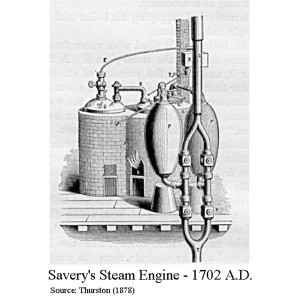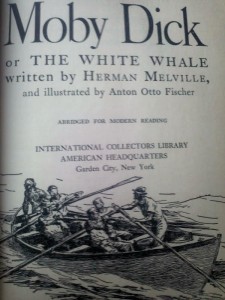The main peril of factory education: boredom
(I made the following comments in this morning’s newsletter, and a friend suggested that they’re good enough to be in a stand-alone post. Incidentally, if you’re interested in getting the reasonably daily Bookworm Room newsletter, you can sign up here.)
I’ve been working with some students helping them to review for the first semester AP European History exam. I know British history extremely well, and the rest of European history fairly well. This means that, when the students have questions, I usually have answers.
The problem I’m having is with the picayune nature of the questions. History is a wonderful, fascinating, lively story, one that reaches back into time and up into the present. It’s a brilliant tapestry on which individuals both small and great play out their destinies. History is the best novel and the most exciting movie. Except . . . that’s certainly not the way these students are learning it.
Instead, the kids are condemned to memorize both important events and isolated factoids that might make them stars on Jeopardy. This factual relativism, which attempts to raise the mundane to the same level as the significant, wastes time and utterly fails to teach historical trends or inspire any love for the subject. Being required to memorize the names of the three men whose work brought about the steam engine that powered the industrial revolution (Savery, Newcomen, and Watt) is infinitely less interesting and to the point than understanding about a society’s energy needs, and then seeing the wonders of the way in which harnessing energy brought about the Industrial Revolution.
The study questions reminded me, painfully, of a never-to-be-forgotten-or-forgiven test I took back in a 9th grade English class. Although we hadn’t read Moby Dick, one of the questions asked us to identify the book’s author. The four choices were:
a. William Shakespeare
b. Nathaniel Hawthorne
c. Herbert Melville
d. Herman Melville
I knew Melville wrote the book. I knew his first name started with an “H.” And I guessed the wrong H-name, which lowered my test grade from an A to a B. It wasn’t a big deal (I still got an A in the class), but I’ve never gotten over the injustice of that stupid question. Rather than testing knowledge, it tested almost meaningless minutiae.
That was more than thirty years ago, but public schools are still obsessed with the meaningless, even as they’re incapable of giving color and life to the things that matter. How frustrating for the students.
I can only hope that my blog’s content today is more interesting and more useful than the stuff they’re teaching in the schools.


